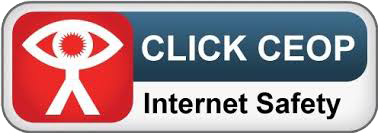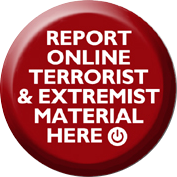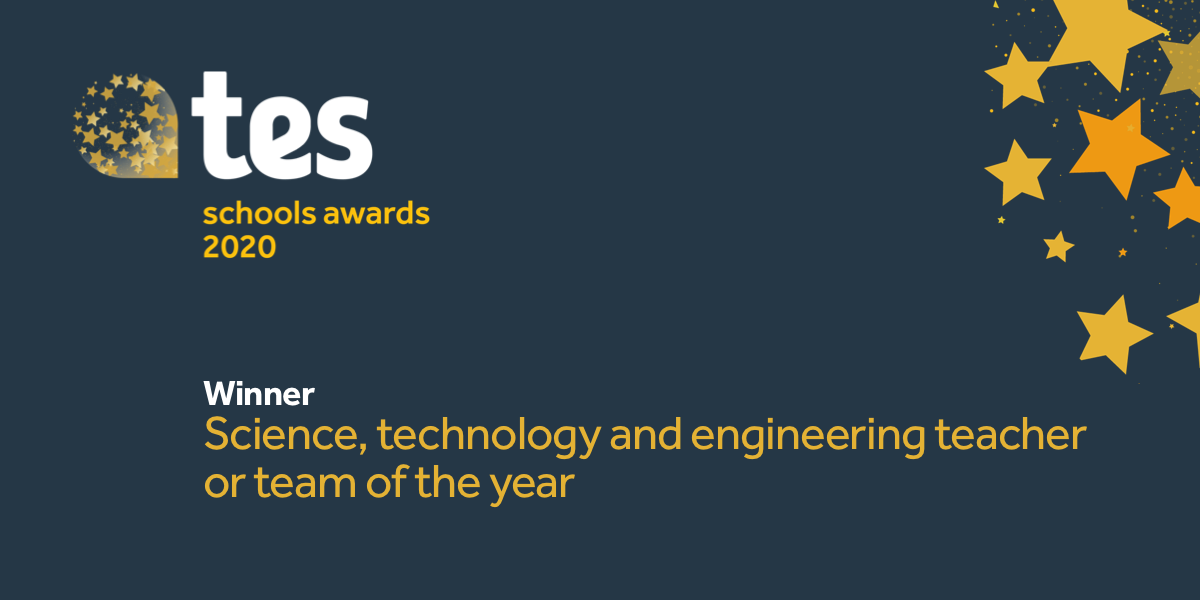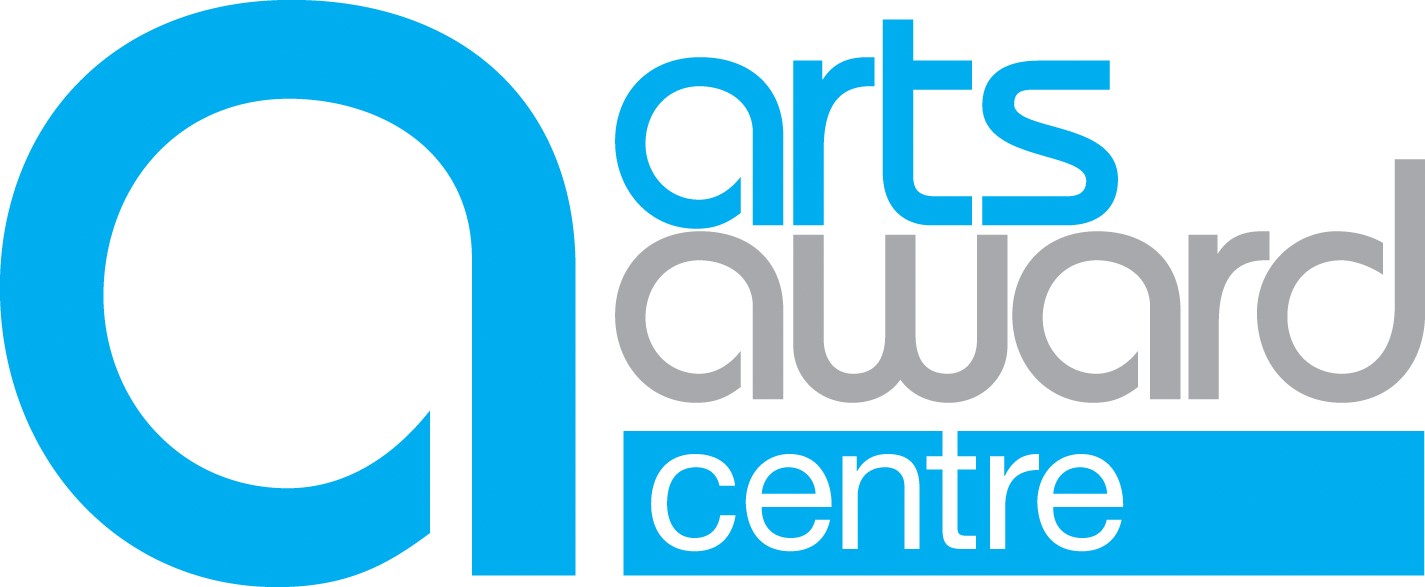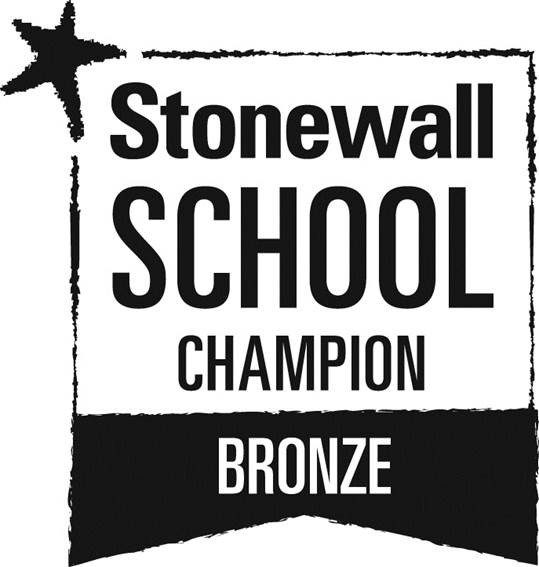Click to view:
OCR Cambridge National in Sport Studies
Lead teacher - Mrs Costin
Email - kco@ifieldcc.co.uk
Qualification - OCR National Level 2 Certificate (Equivalent to 1 GCSE)
Level - L1 Pass, Merit, Distinction
- L2 Pass, Merit, Distinction, Distinction *
Unit R184: Contemporary issues in sport (Exam)
In this unit students will learn about a range of topical and contemporary issues in sport, relating to; participation levels and barriers, promotion of values and ethical behaviour, the role of high-profile sporting events, the role of national governing bodies and how technology is used within sport.
Unit R185: Performance and leadership in sports activities (Coursework)
In this unit students will learn how to develop their skills as both a performer, in two different sporting activities, and as a leader in one activity. As a leader students will have the opportunity to plan, lead and review safe and effective sporting activity sessions. Students will also have the opportunity to develop a range of transferable skills. Students will work both independently and as part of a team, including communicating with team mates as well as being in front of an audience when you perform. Students will perform under pressure, both as a participant and as a leader, and will use their initiative to solve problems and make decisions.
Unit R186: Sport and the media (Coursework)
Sport uses the media to promote itself and in turn the media uses sport to sell its products. Students will learn how this can be a good thing in some cases but not so good from other points of view. In this unit students will learn to explore both sides of these media sources and apply real life examples to demonstrate the nature of the relationship between media and sport. Students will develop their ability to evaluate and interpret the different ways sport is represented by the media.
This course is 60% coursework and 40% exam (unit R184 - written paper).
The course develops skills in Leadership, Organisation, Resilience, Initiative and Communication. These skills are desirable in a wide range of career paths.
Typically, students have used this qualification to move into:
- Further education – sixth form and university
- Elite sports performance / professional athlete
- Coaching and teaching
- Leisure centre work – personal training, fitness instructor, children’s group instructor
- Physiotherapy or sports therapy
- Sports media – Journalism or sports analysis
This subject links well with several subjects, including:
- Science – biology and physics (linked by knowledge of body movement and anatomy)
- Dance ( linked by knowledge of your own body limits)
- Food ( linked by knowledge of sports nutrition)
- English and history ( linked by extended writing and comparative work)
- Media (linked by knowledge of the media’s impact on society)
- Psychology and sociology (linked by knowledge of social and psychological factors impacting on participation and performance)
In order to be selected to take this course, you need to:
- Have a keen interest in all sports and participate fully in practical P.E.
- Be able to meet deadlines / produce homework on time
- Be capable of producing work individually and good at working as part of a team
- Be prepared for both practical and theory sport lessons
- Extra-curricular participation / leadership volunteering within PE will be of benefit.
Lead teacher – Mrs Costin
Email - kco@ifieldcc.co.uk
Qualification - GCSE
Level – Grades 9 - 1
Component 01: Physical Factors Affecting Performance (Exam worth 30%)
By completing this unit you will start to explore the ways in which parts of the human body work and function during physical activity and the physiological adaptations that can occur due to diet and training. Learners will also develop their knowledge and understanding of the principles of training, why we train in different ways and how training plans can be made to optimise results.
Topics include: Applied Anatomy and Physiology; The Structure and Function of the Skeletal System, The Structure and Function of the Muscular System, Movement Analysis, The Cardiovascular and Respiratory Systems, Effects on Exercise on Body Systems. Physical Training; Components of fitness, Applying the principles of training, Preventing Injury in Physical Activity and Training
Component 02: Socio-cultural Issues and Sports Psychology (Exam worth 30%)
By completing this unit you will develop their knowledge and understanding of sports psychology theories related to acquiring movement skills and optimising performance. Learners will be able to reflect on their own learning and performance of physical activities and sports skills to recognise the key psychological concepts affecting performance.
Topics include: Sociocultural Influence; Engagement patterns of social groups in sport and physical activities, Commercialisation of physical activity and sport, Ethical and socio-cultural issues in physical activity and sport. Sport Pschology. Health, Fitness and Well-being.
Component 04: Practical Performance (Coursework worth 30%)
In this unit you will be internally assessed through the NEA in performing three practical activities. You are required to demonstrate effective performance, the use of tactics or techniques and the ability to observe the rules and conventions under applied conditions.
Component 05: Analysis and Evaluation of Performance (Coursework worth 10%)
In this unit you are required to demonstrate your ability to analyse and evaluate your own practical performance or that of a peer in order to:
- analyse aspects of personal performance in a practical activity
- evalate the strengths and weaknesses of the performance
- prodce an action plan which aims to improve the quality and effectiveness of the performance.
This course is 60% exam and 40% coursework
The course develops theoretical knowledge and understanding of the factors affecting physical activity and sport. Students develop their physical sporting skills and analysis and evaluation skills. This course prepares learners for the future study of PE or Sport Science as well as other related subject areas. Learners also develop transferable skills that are in demand by further education, Higher Education, and employers in all sectors of industry. The specification is designed to create confident, independent thinkers and effective decision makers who can operate effectively as individuals and in a team.
Typically, students have used this qualification to move onto:
- Further education – sixth form and university
- Elite sports performance / professional athlete
- Coaching and teaching
- Leisure centre work – personal training, fitness instructor, children’s group instructor
- Physiotherapy or sports therapy/massage
- Sports media – Journalism or sports analysis
- Sports technology
This subject links well with several subjects, including:
- Science – biology and physics (linked by knowledge of body movement and anatomy)
- Dance (linked by knowledge of your own body limits)
- Food (linked by knowledge of sports nutrition)
- English and history (linked by extended writing and comparative work)
- Media (linked by knowledge of the media’s impact on society)
- Psychology and sociology (linked by knowledge of social and psychological factors impacting on participation and performance)
In order to be selected to take this course, you need to:
- Have a keen interest in all sports and participate fully in practical P.E.
- Be able to meet deadlines / produce homework on time
- Be capable of producing work individually and good at working as part of a team
- Be prepared for both practical and theory sport lessons
- Extra-curricular participation is compulsory
- Playing sport outside of school in a club or team is of tangible benefit and highly encouraged.

